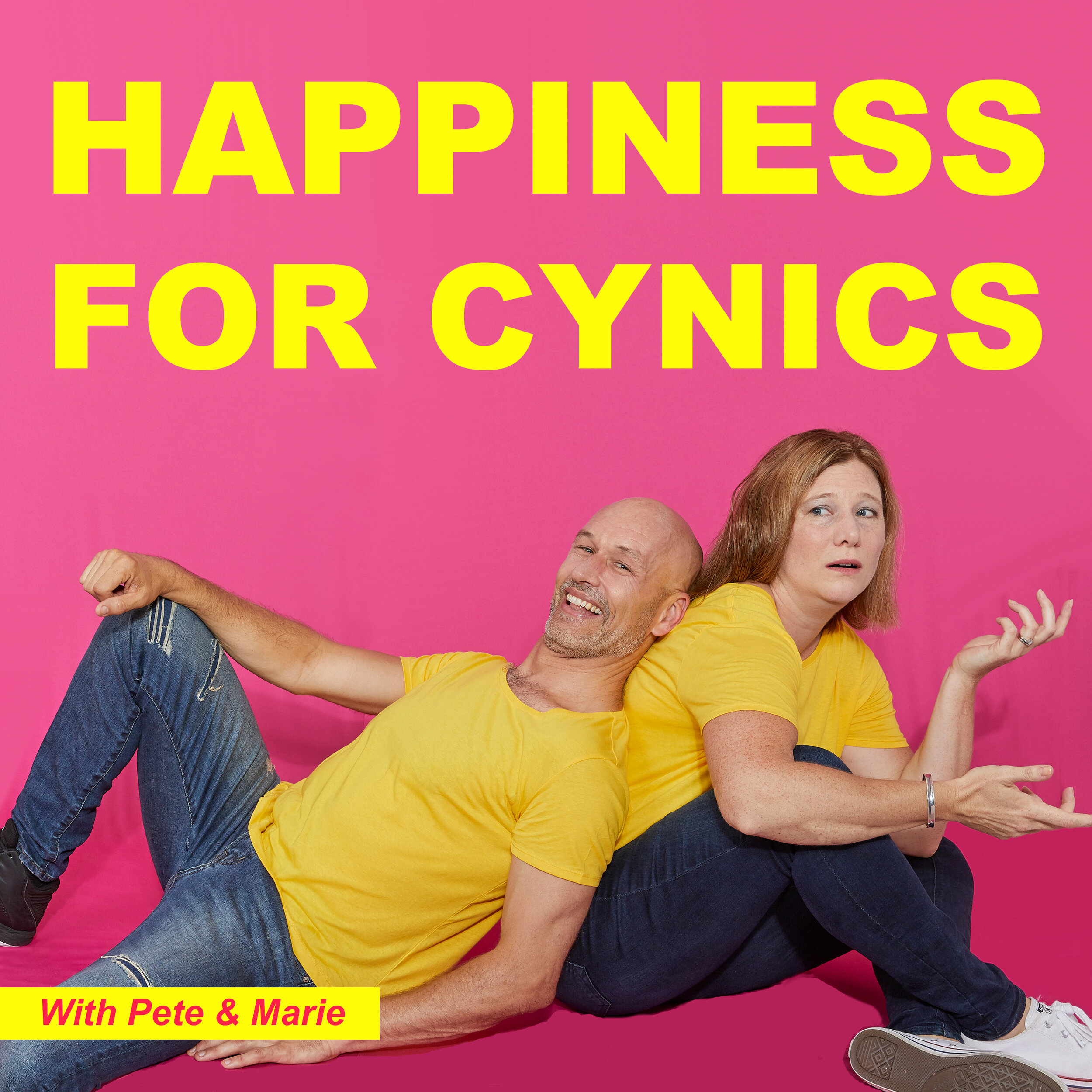You would be hard pressed to not find someone who has not felt we are currently in odd situations. Restrictions preventing movement, socialising, lifestyle choices, interaction, physical hygiene and workplace conduct or indeed, the ability to work. Big Brother has spoken and because of the situation, we have all had to surrender up certain personal liberties, freedoms and actions. As a community we have had to put our personal preferences aside and conduct our lives according to laws that restrict and prevent our actions. It’s been for the greater good, the betterment of ALL of us. Our local and immediate community as well as our families in all its many incaranations.
A recent news report showed an American woman protesting outside the Governors office in Michigan state against the restrictions on workplace operations. She was a barber and wanting to open her business so she could continue to earn a living. A reasonable and valid request. She spoke passionately about ‘the right to work, I need to work, I need to support my family, I need to keep myself in operation so I can maintain my lifestyle and my way of life’. Admirable and understandable sentiments and I found myself empathising with her sentiment. However something wasn’t right - there was a disconnect and a sense of discord to the way she was acting.What I found more poignant was her continual reference to the self. “I need, I require, I have to…” There was no sense of anyone other than herself. And it struck me that in this time and at this point in our communal global history as mankind, perhaps she was missing the point. This is about more than just the ‘me’.
This speaks volumes to me about the differing experience of cultures over the world in response to what has been evolving in the Corona crisis we are experiencing. its really a time for the ‘we’ and not the ‘me’ culture. Nations around the world who seem to have dealt best with the crisis have been able to garner the community spirit necessary to take circumstances on the chin for the betterment of the greater population.
Crisis brings about a sense of something bigger than just you. Australia felt this recently with our summer of hell. The nation, the state and individual cities felt it acutely during that awful period earlier this year. And in the face of seeing a group of ‘firies’ at a non-related event weeks later, had us all standing, cheering and appreciating the specific members of the community who stood against it on the front lines. This garnering of respect, outward emotion and appreciation for the work that a certain element of the community had been involved with was a highly charged and emotional expression that welled up in the eyes and hearts of everyone present. It was a sense of pride and the want of connection to fellow community members who bucked up and put themselves on the line when danger was present.
The stark contrast of these two examples speaks volumes to me about the possibility for humans to want to connect. To have a common experience or commonality in the face of adversity. So is the Covid pandemic giving us the chance to discover a new sense of community? Fay Bound Alberti published a recent article in The Conversation that talks about the profound change in relationships of strangers that is happening in our society and local communities in response to the COVID 19 crisis. Outpourings of empathy, generosity, support and charity are happening in our cities, towns, villages, the villages within our cities and in our neighbourhoods. Alberti even goes so far as to label it ‘a grassroots redefinition of what community means in the 21st Century”.
In contrast to the panic buying and toilet paper wars that was plastered across our social media screens, we are now seeing the beginnings of what could be a possibly longer lasting change in that of ‘mutual aid and a sense of community’. Alberti’s book A Biography of Loneliness talks about this sense of community as being more than just a shared interest but more as a ” sense of shared obligation and commitment, something both emotional and practical.” She goes on to explain that community can mean several different things and have various applications. In her definition there can be a community of a shared interest (like Kim Kardashian) but these shared interests are ultimately transitory and fickle. Alberti focuses on a community based on a sustained, engaged concern for the wellbeing of others – especially those situated around habits of place and space. She talks of a sense of connection and concern for the well being of the group because they are connected by a physical location and a sociable interaction.
In this way our connectedness to those in our immediate vicinity is perhaps being shifted somewhat as we have all been forced to spend more time at home and isolated with only immediate neighbours to interact with. Could this be our defining re-engagement with the sense of community? The spaces we occupy? The places we live in? The coffee shops we share? Being in the lift with someone no longer means that we look down at the floor or focus solely on our devices. Perhaps, this social isolation experiment has actually drawn us outward and dare I say it, appreciating the social interaction that we can afford to be more involved with.
Dr Rashina Hoda Associate Professor at Monash University's Department of Software Systems and Cybersecurity talks about the ability of the community to be agile in response to a crisis and come out stronger at the other end. She believes that ‘agile’ nations have combated the pandemic well due to swift, decisive action but moreso a willingness of the local community’s co-operation and willingness to adapt to restrictions, impositions and the changing landscape. "You've got a swift response, clear policies through consultation with the right experts and at the same time, a very human spirit to all of it."
It is this human spirit that has perhaps tipped the balance in the way certain communities have been able to survive in the face of it all. And the result of this current experience could be a way for people once again to appreciate the value of connection and humanity, of being pro-social and more engaged with the community. A 2012 University of Chicago study found that the belief in karmic investment was a valid response to acute stress and loss of control. People who desired a result over which they appear to have little control gained optimism and engaged in more generosity and protection of the vulnerable as a way of dealing with a stress induced crisis.
Disasters bring out our kindness. In disasters, it's human nature to band together and be kind to one another in order to survive. Again the fire crisis from earlier in the year taught us this. When communities or collectives of people have great moments of crisis, we become more supportive and generous. The Blitz in London during WWII, 9/11 in NYC, earthquakes, terrorist attacks, droughts, famine, they all brought about fundamental feelings of solidarity and altruism for those communities affected. In this way, our collective generosity may just be our best survival mode and sense of collective survival.
Change brings about resilience. Change brings about development and new ways to approach issues. Research has looked at social networks in ant colonies: how they organise and reorganise around challenges and one statement to be gleaned from this is being "agile" is essential. Resistance to change doesn’t work. Sticking to what you have always done and will continue to do is a rhetoric that will lead to a community not surviving or thriving in the face of a crisis. That can ultimately lead to a downfall. Building resilience requires adaption and flexbility in approach, which can be led from the top down in hierarchy, but must be supported at all levels of the community. Ensuring everyone is on board and in support is the way to get through a crisis.
There is a huge potential here for people to come together in a more connected and realistic way taking things from online and combining them with the offline experience. Talking to your neighbours, exchanging pleasantries with your fellow coffee shop customer. This type of social change could be coming about specifically because we have been challenged by a pandemic that is bigger than ANY of us as individuals. And perhaps that is as important for our ongoing development and experience on a very human level in our community and common occupied space.



